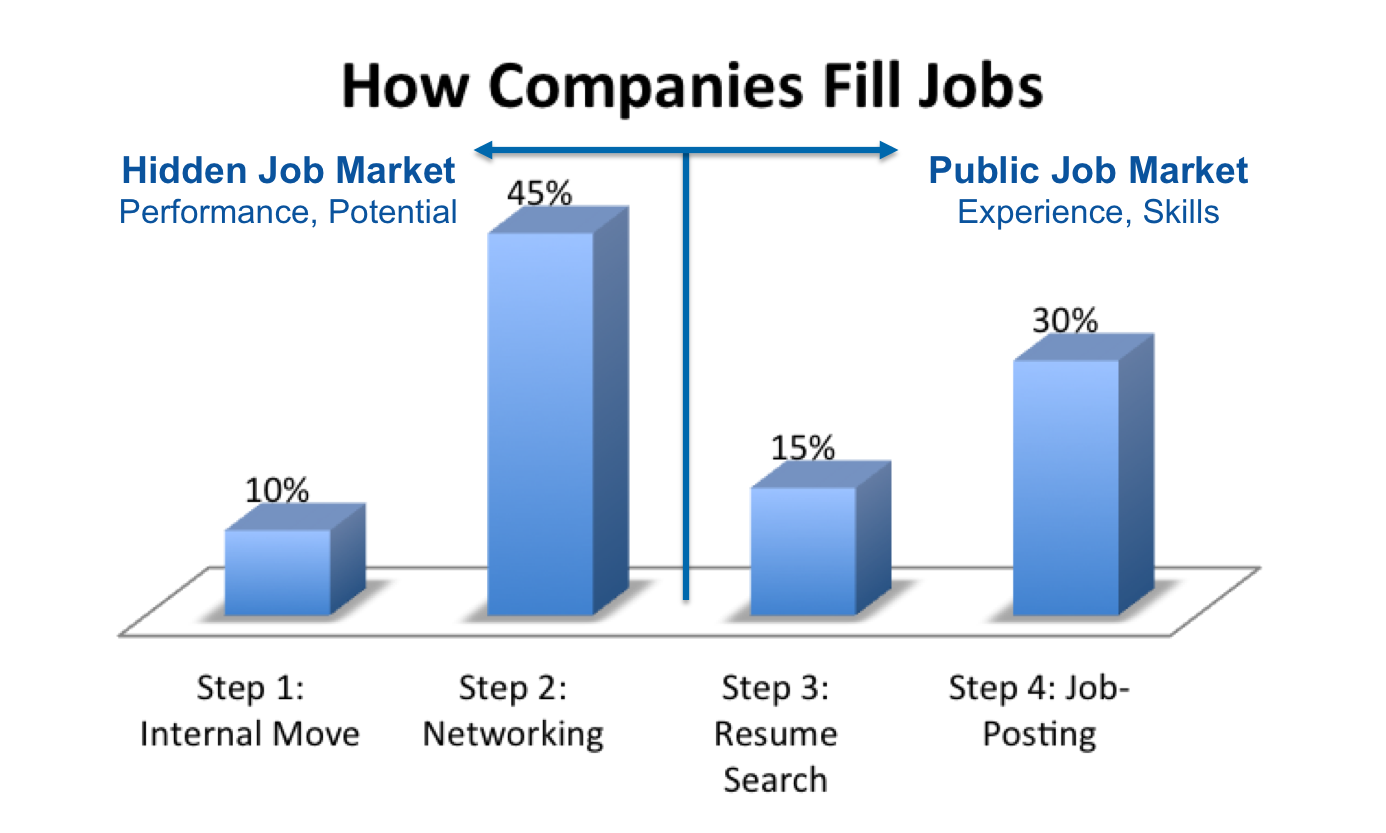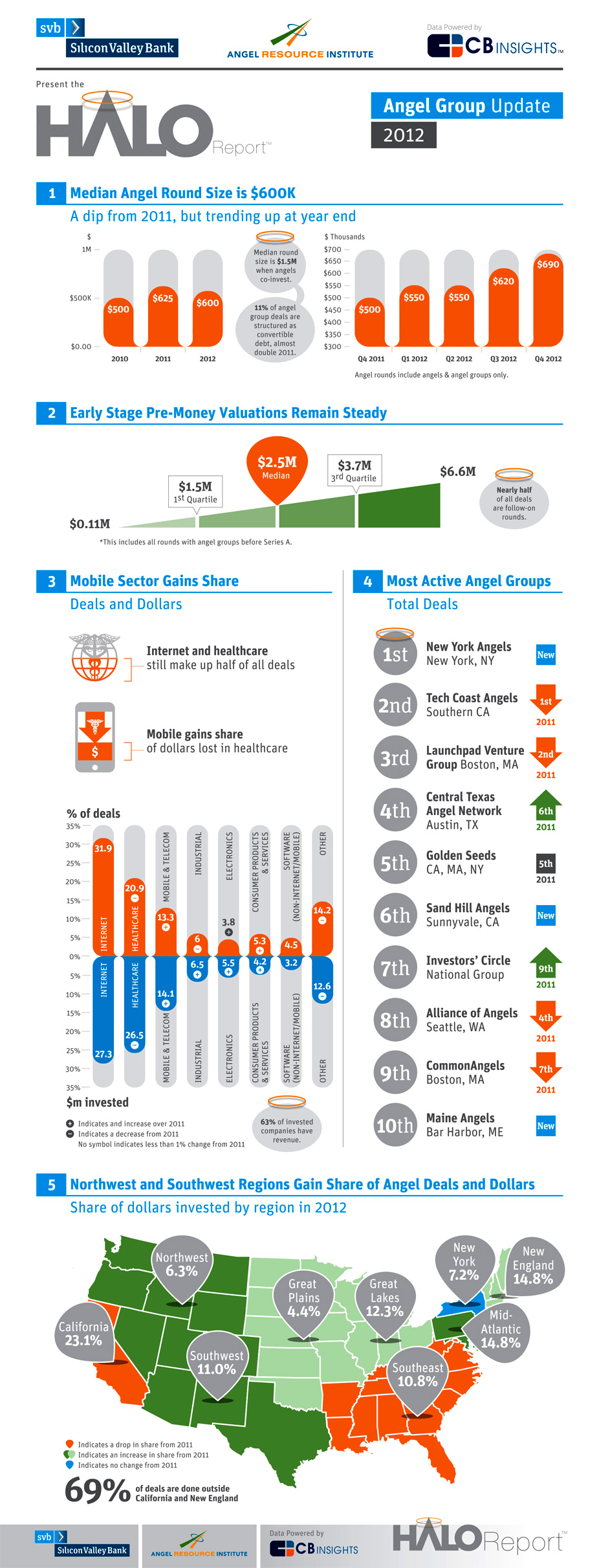
by tomnora | Aug 9, 2013 | Angel Investor, CEO Succession, early stage, founder, Hawaii, Launch, Revenue Growth, startup CEO, Tom Nora
I’ve advised several founders from 500 su and they’ve all said Dave is fair, honest, easy going, and lets you know when you’re cheating yourself. Most venture capitalists will take a little advantage of naive entrepreneurs so this was surprising to hear over and over.
Dave McClure should be thought of more as a movement leader than asking how he negotiates. He doesn’t really have to use any tricks, the whole thing is a brilliant maneuver. Remember, this thing didn’t exist a few years ago.
By design his operation is humble (I know, I’ve lived on Castro Street twice!). He created a new layer for people to get a shot at launching a Silicon Valley start with some cash and mentoring that they never would have otherwise had.
Negotiate? He could be more hard-ass but isn’t. He could wear contacts (or real shoes) but doesn’t. He created his own ecosystem that spreads out all over the world now, and even used some of his own money.
The environment allows people learn how to negotiate. And to fail softly if they fail, which is almost critical to later success.
500 startups went from strange idea to an integral part of the world startup ecosystem. Not many major players are not involved or connected in some way. One of the things Dave doesn’t charge for in his valuations is the connections to that world, and for that he will surely make everyone involved a bit of a winner.
Edit
@tomnora

by tomnora | Jul 20, 2013 | Angel Investor, early stage, founder, Hawaii, SaaS, Scalability, startup, startup CEO, Tom Nora
In 2008 I was working on a post-merger integration project for a small company being acquired by a Fortune 100 behemoth. We looked at several SaaS based systems for accounting, sales automation, calendaring, product management, scheduling our company airplane, travel, etc. At the time SaaS just wasn’t mature enough and people at the company weren’t comfortable enough to make the change; too many old habits of installing software.
Because of this reluctance, almost every business process we depended on required the manual intervention of humans. The difference in efficiency between then and now is pretty amazing.
Today, only 5 years later, almost every task we performed then is gone, a complete turn over of an industry. These are now done either transparently in the background, in the cloud, or done using minimally invasive mobile apps. Spell-guesser, auto-fill, travel, accounting, calculating company valuations, facebook, pinterest, dropbox, codecademy, me writing this blog are all managed by a SaaS platform.
PaaS, IaaS and other derivatives of SaaS are proliferating but are just that, derivatives. Today SaaS is pretty much the norm; many, many human processes have been displaced more rapidly than ever in our history. We wouldn’t be able to imagine our lives without it, auto-save, no software loads, freemuim, mobile, access anywhere. I can even build server based websites with Drupal and MySQL now on an iPad in a coffee shop.
But more importantly, the labor of moving software around by humans and physical media and even the Internet has been taken down to almost zero. The software just doesn’t leave it’s cloud hosts anymore. This saves energy, mistakes, cost, time, client computer memory and bandwidth. It vastly reduces computer waste.

SaaS is the culmination of over 20 years of changes from ASPs, client-server, the web, higher speeds, always on, mobile 2.0, cloud computing, laptops HTML5 and many more innovations to finally reach the moment we’re in now. This speed of innovation has never been seen in history – not in automobiles, education or any industry.
The way we do things today is very different because of SaaS and the Internet. 80 year olds can build a Facebook page of their family’s photos or create a new business using a cellphone because of SaaS, without ever knowing anything about the guts underneath. I wonder where it will go next, what the next big change will be to make todays capabilities obsolete. You know it will happen.
> Connect with me here and on twitter @tomnora

by tomnora | Jun 13, 2013 | Angel Investor, Business Development, early stage, Hawaii, Hiring, Jobs, Scalability
I’m building my own job hunting tool to try to fix the broken inefficient systems currently out there. I was interviewed by Forbes recently and asked to comment on the job hunting process and my opinion of applying online to jobs. Here’s an excerpt of my answers…
Great topic. The market has shifted in several ways – automation, obsession with young malleable low cost employees and the current bad economy – these factors have rendered the online job boards obsolete. Remember, job boards and online hiring were invented almost 20 years ago and popularized by Monster. Machines took over the process and proved to be a weak substitute for humans. The only major innocations since then are automatic resume reders which harm as much as they help.
Many article point out that networking and referrals are the most effective ways to get hired, and I tend to agree. There are many human emotions, loyalties, friendships, favors, proximities, etc. that have more weight than what resonator tells an HR person. There is also a lot of campaigning – with a weak economy and ineffective government help people want to help others that they know to get hired and survive all this. They for their cousin or friend or roommate for that job paying 80K plus benefits.
Online job systems assume the most important factor in hiring is qualifications, and that is far from the truth. The top factors are familiarity, recommendations, in-person meetings, personal prejudices and empathy. Many under-qualified get hired every day over better candidates. The bad economy amplifies that. Just look at acqi-hiring or the San Francisco tech ecosystem.
The way computers and social media and machine learning are used to streamline the hiring process must change and augment reality as it is today, not try to alter it. @tomnora
![Silicon Valley Bank HALO report – Angel Investing(Infographic)]()
by tomnora | Apr 25, 2013 | Angel Investor, Business Development, CEO Succession, early stage, founder, instagram, Revenue Growth, Scalability, startup, startup CEO, Tom Nora
Some interesting trends here – Mobile is up, The West outside California is up, average valuation is unchanged.

http://j.mp/ZLorBP
by tomnora | Apr 1, 2013 | Angel Investor, Business Development, CEO Succession, early stage, founder, Launch, Revenue Growth, Scalability, startup, startup CEO, Tom Nora, venture
After a recent speech I gave for startups, I was interviewed by Jennifer DesRosiers (love that name!) about tech startups. Here are my answers…
When did you first discover your love of technology?
>> When I was a 11 my brother built a homemade crystal radio. It was fascinating to see him assemble these inert parts and then hear sound come out. From then on I was hooked on technology and electronics.
What is your favorite part of your job?
>> The unknown factor, the challenge to create the future and make something grow from nothing.
What sparked the idea for NeoRay?
>> The original idea for me came from seeing people use their cellphones to buy from vending machines in Japan. Simultaneously Alessio watched his father create a PayPal competitor and he wanted to make something more futuristic for mobile payments; he then saw a WIRED article “Kill The Password!”. We compared notes and decided the timing was right for mobile payments without passwords leveraging advances in biometrics..
What in your opinion is the next big thing in technology?
>> The 15 Minute Website and Personal Website “Portfolios” – soon anyone will be able to build multiple personal sites with full e-commerce, payment systems, community, social networking, SEO, and big data analytics with no coding and very easy manipulation. Currently there is a barrier to this – you must know some coding to optimize this and it’s difficult to manage multiple sites. People and companies will have a portfolio of websites and not even think about it.. Most of the tools already exist but need a lot of refinement; it will take another 2-5 years.
What excites/interests you most about tech startups and what makes them successful?
>> The Scalability challenge. Much of my career has been dedicated to trying to create the alchemy of continuously growing a company. The progress of E-Commerce, HTML5, CSS3, PHP and Javascript have made it so any startup idea, tech or non-tech, can become reality with very little money or work. The difficult step has shifted from launch to revenues, scalability, growth.
This is exciting because it allows so many people to give it a try which equals more great ideas coming to light, but still requires a great idea and great execution to have larger success and growth. Pretty soon the most important people at startups will shift back from developers to those that can create and sustain growth.
by tomnora | Mar 7, 2013 | Angel Investor, CEO Succession, early stage, founder, Hawaii, Launch, Scalability, startup, startup CEO, Tom Nora
- What are people doing now because your product doesn’t exist, what is the pain you will solve?
- What is it that you know about your specific niche that other companies do not?
-
How and when does this make revenue and profits? What is the growth graph?
@tomnora




